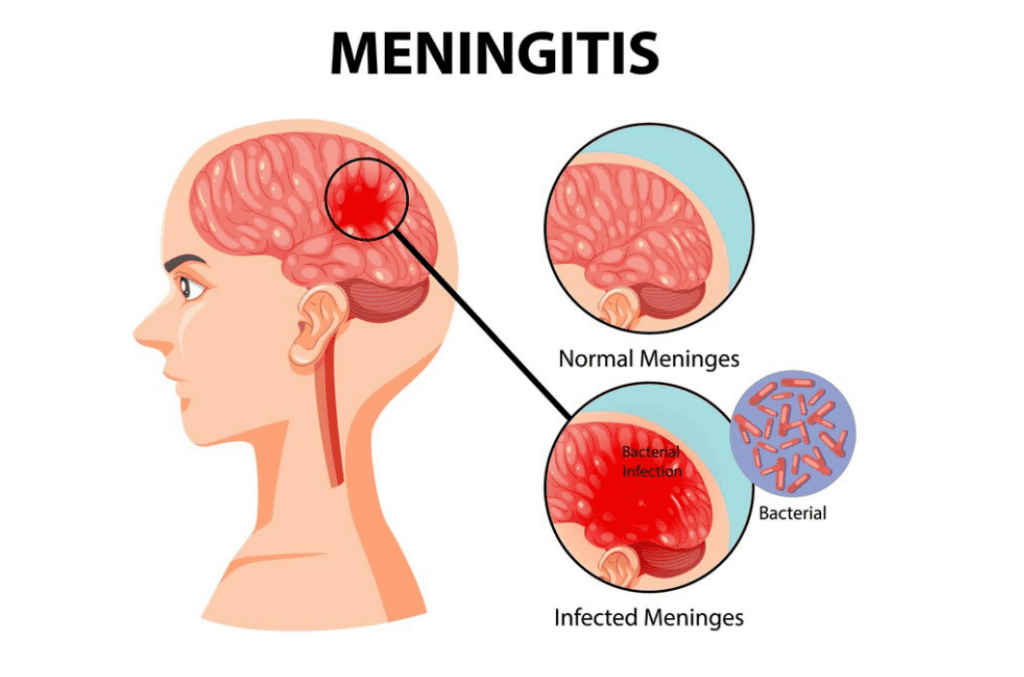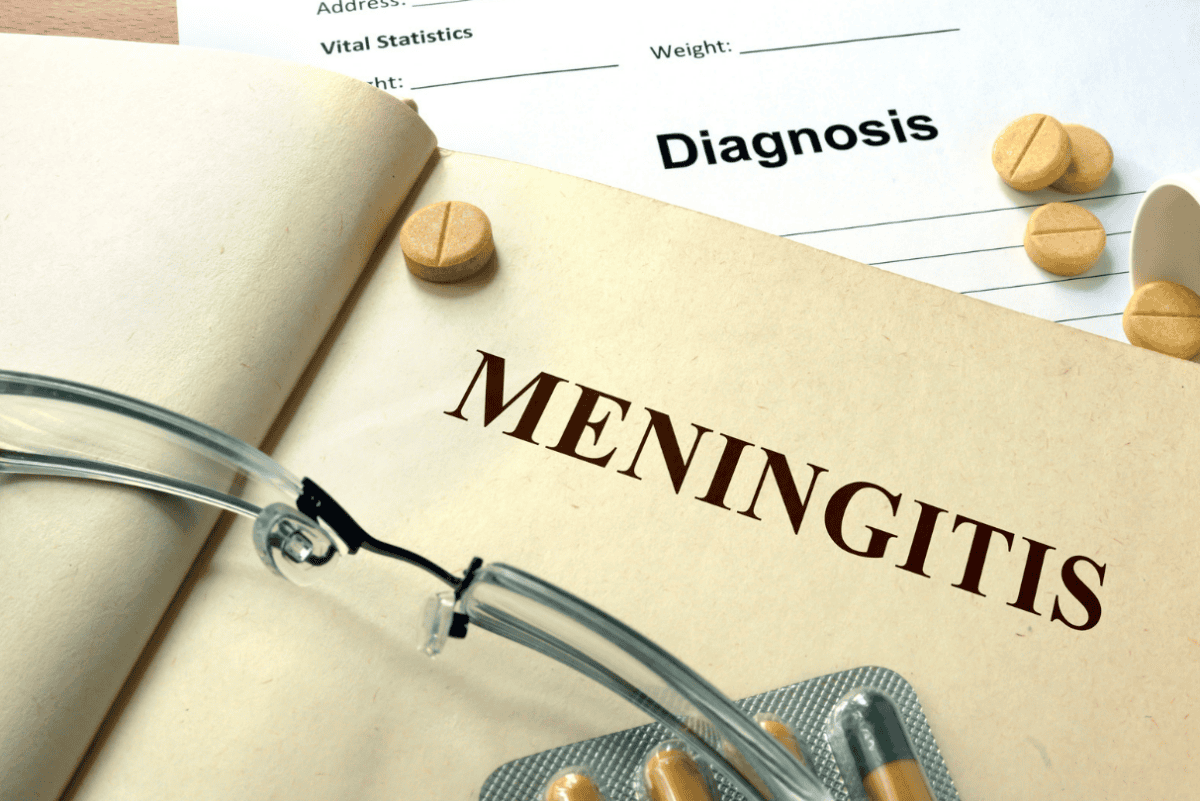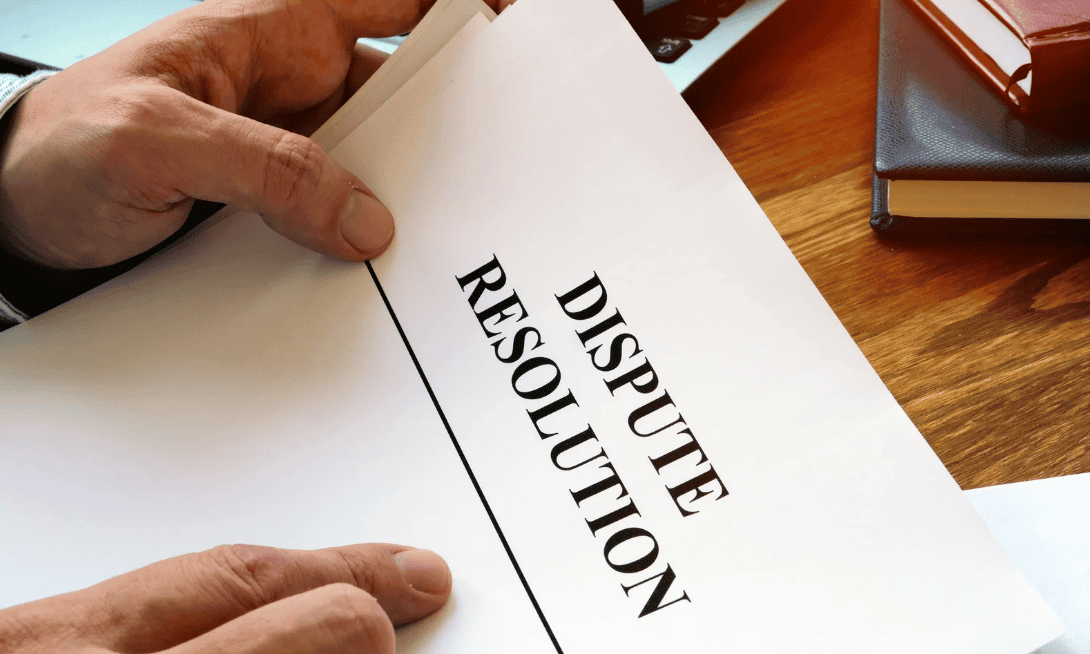Meningioma might sound like a complex medical term, but it’s something that deserves your attention, especially if you’ve ever used Depo-Provera. This long-term contraceptive injection has been a trusted option for many women, offering convenience and effectiveness. However, recent discussions have expressed concerns about its potential link to meningioma, a type of brain tumor that grows in the membranes peripheral to the brain and spinal cord.
Imagine discovering that a method meant to simplify your life could carry unexpected health risks. This unsettling possibility has led many to take a closer look at the connection between Depo-Provera and brain health.
For some, it’s even sparked a decision to file a Depo-Provera brain tumor lawsuit. This legal action involves hiring a lawyer who specializes in medical lawsuits, gathering evidence to support your claim, and potentially participating in a trial to seek answers and accountability for your health struggles.
What is meningioma? In this article, we’ll explore meningioma and its connection with Depo-Provera and uncover what you should know if you’re concerned about your health or considering legal action.
What is Meningioma?
You might have heard the term meningioma floating around health discussions. It refers to a tumor that arises within the sheltering layers surrounding the brain and spinal cord. These layers, known as meninges, shield the delicate tissues inside your skull. Meningiomas often grow at a slow pace and usually appear as noncancerous growths.
Though these tumors do not always lead to major issues, their gradual expansion may place pressure on nearby brain structures. This pressure could influence vision, hearing, or memory. Symptoms of meningioma can include headaches, seizures, changes in vision or hearing, and memory problems. Early medical evaluation often helps you stay on top of any subtle shifts and address them before they create unnecessary complications.

Linking Meningioma and Depo-Provera
You might wonder why a medication that controls pregnancy risk relates to a tumor in your head. The key lies in the relationship between certain hormones and the growth of meningioma cells. These tumors often possess hormone receptors sensitive to progesterone. The synthetic progesterone in Depo-Provera may act as a trigger that encourages these cells to multiply.
In other words, the medication that helps manage your reproductive choices might create a subtle nudge in the direction of tumor growth. Many researchers highlight that the overall risk remains low, and not everyone who takes Depo-Provera experiences these issues. Still, the medical community keeps an eye on this connection.
It’s important to note that this potential link is still being studied, and more research is needed to fully understand the relationship between Depo-Provera and meningioma.
Why Talk About This Connection
Picture yourself scrolling through health forums or chatting with a friend who recently switched birth control methods. Perhaps a story pops up about a cousin’s neighbor who developed a brain tumor after using Depo-Provera. Though these anecdotes may not reflect the most accurate science, they prompt you to look closer.
Health professionals encourage open conversations about possible links so you get the facts before making important decisions about your body. If you find yourself curious, reach out to a trusted medical expert. Ask questions, express concerns, and weigh your factors. Your doctor might suggest regular check-ups or explore other contraceptive options if you carry specific risk factors.

Balancing Your Choices
You have every reason to feel in control of your reproductive health, so it may seem unsettling when a commonly used medication appears linked to a brain tumor. The good news is that medical guidance stands as your ally. Specialists weigh your unique circumstances against potential risks and consider your life stage, medical background, and future goals.
Though meningiomas do not always produce immediate danger, knowledge helps you remain vigilant. Early detection often prevents complications, and discussing your birth control method with knowledgeable professionals helps shed light on a sometimes confusing topic. Remember that small steps, like keeping an open dialogue, empower you in life’s bigger decisions.
You deserve clear, honest information about your health. Meningiomas grow from the layers surrounding your brain, and Depo-Provera involves a hormone that may give these growths a slight push. Though the odds remain low, your well-being matters.
Reach out to a healthcare provider and ask questions. Stay curious, proactive, and fully involved in decisions that shape your body’s future. Your health journey thrives when you embrace knowledge and lean on trusted professionals for guidance. This process helps you gain reassurance, peace of mind, and confidence in the path you choose.




























